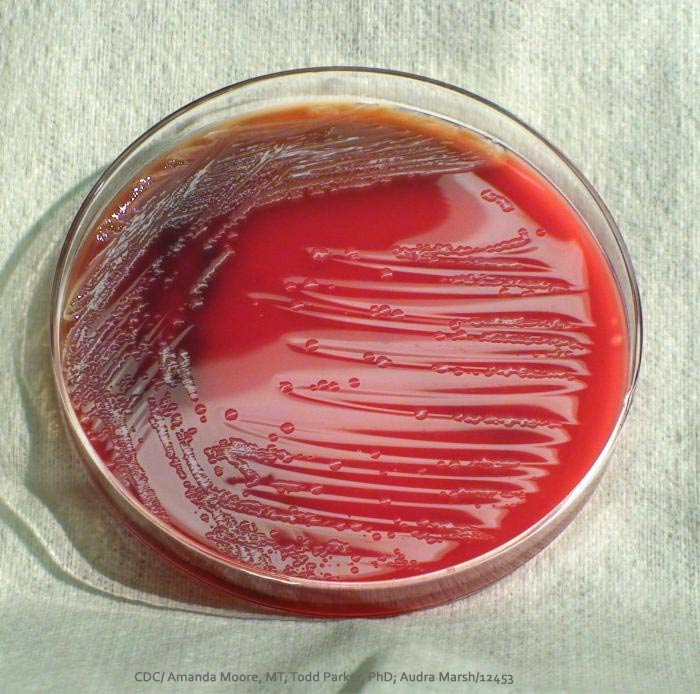Today, our Listeria attorneys filed a lawsuit on behalf of a man who contracted a Listeria infection (listeriosis) after eating a caramel apple purchased at Cub Foods in Cottage Grove, Minnesota. His wife is also a plaintiff. The named defendants (companies being sued) include Bidart Bros., Inc. and Supervalue, Inc., owner of Cub Foods.
Our client is one of the thirty-five people sickened in the outbreak linked to caramel apples made with Bidart Bros. apples and sold under the brand names Carnival, Happy Apples, and Merb’s Candies. He is one of four people sickened in Minnesota. People from twelve states were sickened: Arizona (5), California (3), Colorado (1), Minnesota (4), Missouri (5), Nevada (1), New Mexico (6), North Carolina (1), Texas (4), Utah (1), Washington (1), and Wisconsin (3).
Of the thirty-five people who were infected, thirty-four (34) were hospitalized and seven (7) individuals ultimately died. Tragically, one (1) pregnant mother lost her child, and three (3) otherwise healthy children aged 5-15 developed Listeria meningitis, an infection of the lining of the brain.
The lawsuit, filed in Hennepin County, alleges the following:
- On September 19 and October 21, 2014, our client purchased several commercially-produced prepackaged caramel apples from the Cub Foods grocery store located at 8690 East Point Douglas Road in Cottage Grove, Minnesota.
- The caramel apples he purchased were manufactured and sold by Bidart.
- The caramel apples purchased and consumed by him in September and October were adulterated with the outbreak strains of Listeria monocytogenes when they left the control of Bidart.
- By the end of October 2014, our client began developing symptoms of infection, including fatigue, light headedness, disorientation, and right hip pain.
- On November 3, 2014, our client was in debilitating pain and was admitted to the intensive care unit of a hospital with a severe infection in the right hip.
- Testing of the fluid in the infected area found Listeria monocytogenes.
- The Minnesota Department of Health did genetic testing on the Listeria cultured from Robert Spear’s hip fluid and found that the DNA pattern from this testing matched the outbreak strain.
- On November 9, 2014, our client underwent surgery to remove the infection from his hip and insert antibiotics internally.
- While hospitalized, he developed acute kidney failure.
- After weeks in the hospital and rehabilitative care, he was finally able to return home in late December of 2014.
What is Listeriosis
Listeriosis is a serious illness resulting from the consumption of food contaminated
with the bacteria Listeria monocytogenes, one of the most virulent and deadly foodborne pathogens, with a fatality rate of over twenty percent (20% ). Virtually all people who contract listeriosis require hospitalization. Those who are elderly, immuno-compromised, or pregnant are particularly vulnerable.
Though rare, Listeria monocytogenes is known to cause infections in prosthetic
joints. These infections are life-threatening and often require extensive surgery.
Bidart Bros. Apples and Listeriosis
In November and December 2014, the CDC detected an increase in the expected number of listeriosis cases and identified a common genetic pattern of Listeria monocytogenes among listeriosis patients.
The CDC, in conjunction with state health officials, launched a full-scale epidemiological and microbiological investigation to determine the source of the outbreak.
As part of the epidemiological investigation, food consumption histories were obtained for each individual who contracted the same strain of Listeria—the “outbreak strain.” The results demonstrated a strong association between contracting the outbreak strain and consuming commercially-produced prepackaged caramel apples.
On December 23, 2014, FDA tested a series of samples obtained from the processing environment of Bidart’s apple production facility in Shafter, California. The tests showed that Listeria monocytogenes was present on the apple production line.
On December 24, 2014, Bidart recalled all Granny Smith apples that had been used to make caramel apples. On January 6, 2015, Bidart recalled all Granny Smith and Gala apples shipped from Bidart Brothers’ Shafter, California facility in 2014.
On January 8, 2015, FDA laboratory analyses using PFGE showed that the environmental Listeria samples from Bidart’s processing facility were indistinguishable from the listeriosis-causing outbreak strains.
On January 18, 2015, FDA performed an even more precise genetic test on the samples known as whole genome sequencing or “WGS.” The WGS “fingerprint” confirmed that the processing environment samples were “highly related” to the illness-causing outbreak strains. In addition, WGS showed that Listeria isolates from whole apples produced by Bidart, collected along the distribution chain, were also “highly related” to the outbreak strains.
